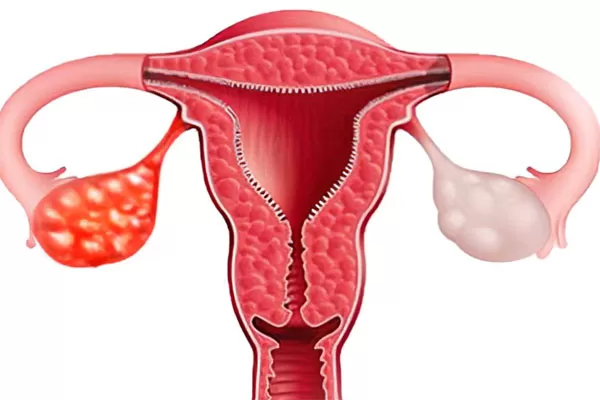March 23, 2024
The journey of pregnancy, often considered a time of joy and anticipation, may also be accompanied by an unexpected consequence: accelerated cellular aging. A groundbreaking study published today in Cell Metabolism reveals that the stress of pregnancy can potentially cause a person’s biological age to increase by up to two years, with implications that extend beyond childbirth.
Led by researchers at the Oxford Martin Programme on Ethical Web and Data Architectures (EWADA) at the University of Oxford, the study sheds light on the profound physiological changes experienced during pregnancy. These changes, although essential for nurturing a growing fetus, may come at the cost of accelerated cellular aging, leaving individuals biologically older than their chronological age.
The findings emerged from a meticulous analysis of blood samples collected from pregnant individuals, focusing on subtle changes known as epigenetic modifications. These modifications, which affect gene expression without altering the DNA sequence, can provide insights into the aging process at the cellular level.
“Our study uncovered compelling evidence that events during and after pregnancy can have profound effects on cellular aging,” explains Dr. Kieran O’Donnell, a perinatal researcher at the Yale School of Medicine and lead author of the study. “Pregnancy appears to accelerate biological aging, as reflected in epigenetic changes observed in blood samples.”
The study revealed that individuals undergoing pregnancy exhibited levels of DNA methylation typically associated with a biological age one to two years older than their actual age. This heightened cellular aging, attributed to the physiological stress of pregnancy, underscores the complex interplay between reproductive health and overall well-being.
However, the researchers also made a surprising discovery: in the months following childbirth, the cellular aging process appeared to reverse course. Blood samples collected three months postpartum showed a striking decrease in biological age, with individuals appearing three to eight years younger than during early pregnancy.
“While pregnancy may initially accelerate cellular aging, the body’s remarkable resilience allows for a subsequent reversal of this effect,” notes Dr. O’Donnell. “This reversal raises intriguing questions about the dynamic nature of biological aging and its implications for maternal health.”
The study’s findings offer valuable insights into the long-term health consequences of pregnancy and underscore the need for comprehensive support for expectant parents. Structural and policy changes, including increased funding for maternal health research, are crucial in addressing the multifaceted challenges faced by pregnant individuals.
As discussions surrounding maternal health continue to evolve, Dr. O’Donnell emphasizes the importance of prioritizing systemic reforms to ensure the well-being of parents before, during, and after pregnancy. By addressing the underlying factors contributing to accelerated cellular aging, society can strive towards creating a healthier future for generations to come.
The study represents a significant step forward in our understanding of pregnancy’s impact on cellular aging and highlights the urgent need for further research to inform evidence-based interventions and support mechanisms for expectant parents.
The study was supported by the Oxford Martin Programme on Ethical Web and Data Architectures (EWADA) at the University of Oxford. The findings contribute to ongoing efforts to advance maternal health and well-being worldwide.












